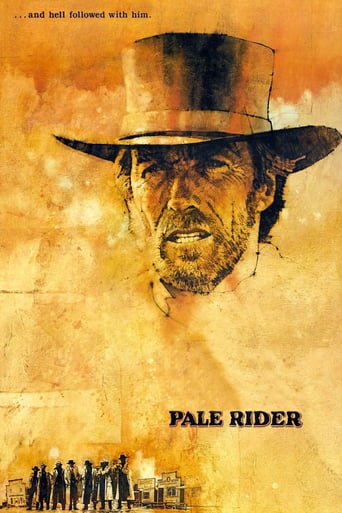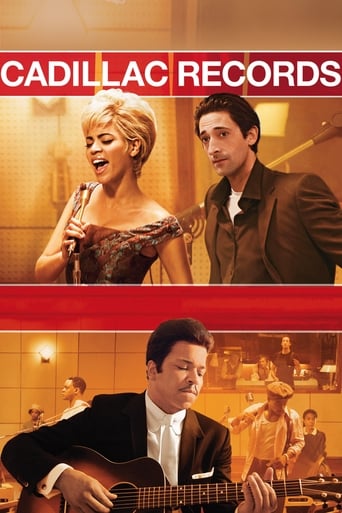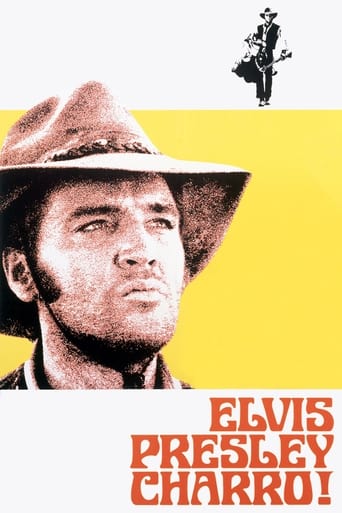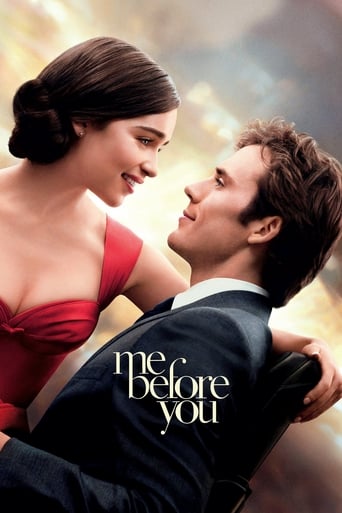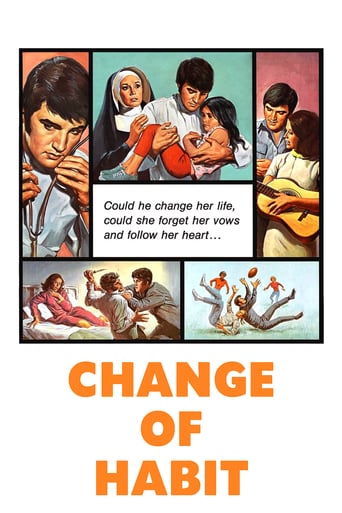


Change of Habit
Dr. John Carpenter takes the job of running a health center in a low-income district. He enlists three women to help out who — unbeknownst to him — are actually nuns in street clothes. The church wants to improve the neighborhood but fears that nuns in full habit would not be well received. Unaware of her unavailability, John falls for Sister Michelle, serenading her with his guitar — which, luckily for him, effectively wears away at her religious resolve.
-
- Cast:
- Elvis Presley , Mary Tyler Moore , Barbara McNair , Jane Elliott , Leora Dana , Ed Asner , Robert Emhardt


Similar titles

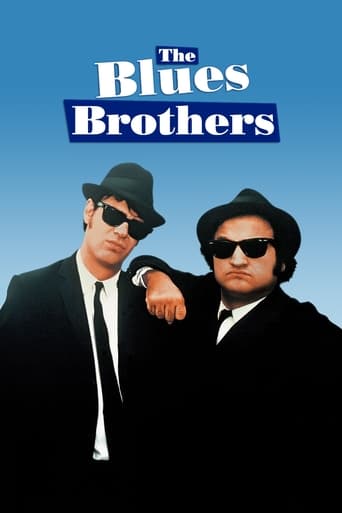
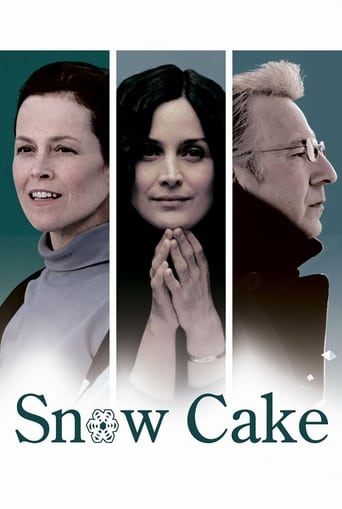
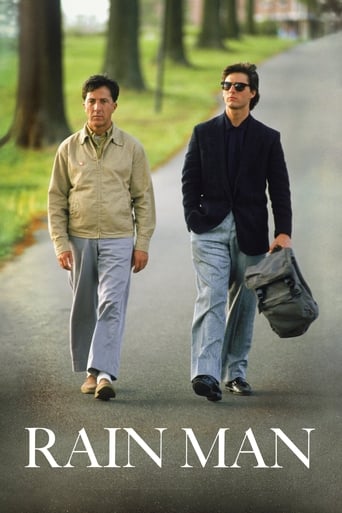
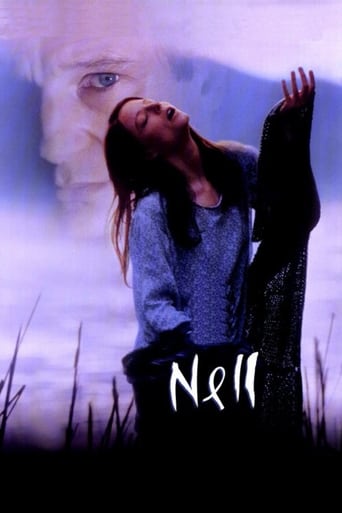
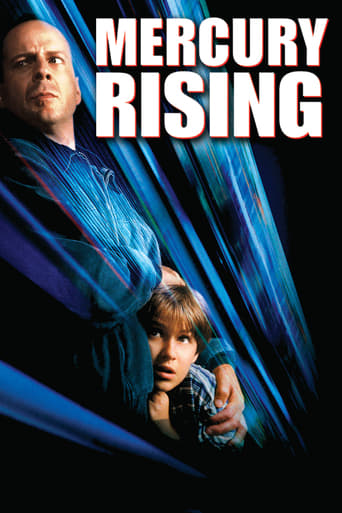
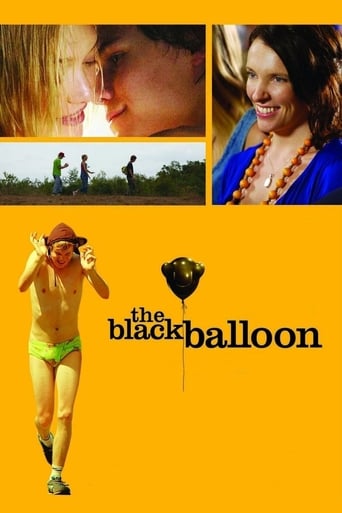
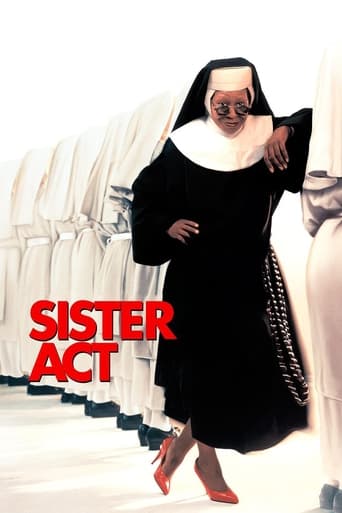
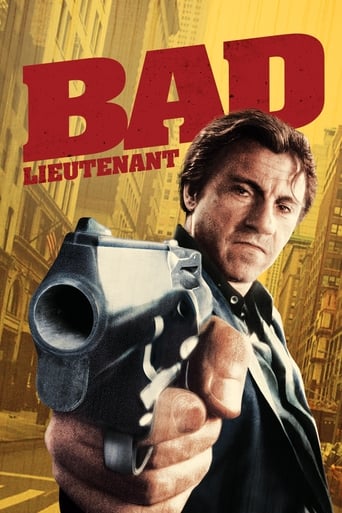
Reviews
Best movie of this year hands down!
Excellent but underrated film
The acting in this movie is really good.
The film never slows down or bores, plunging from one harrowing sequence to the next.
What better way to celebrate what would have been Elvis Presley's 82nd birthday than by enjoying his final film? It was an admirable end to his acting career and an appealing overture to THE MARY TYLER MOORE SHOW, boasting as it does both MTM and Ed Asner. It's as if the baton were being passed from the 1960s to the 1970s.Co-stars Mary Tyler Moore, Jane Elliot, and Barbara McNair were all good, with MTM really surprising me in a role far from Laura Petrie and Mary Richards. Jane Elliot was the breakout star for me, very impressive as the idealistic Barbara. Soon after this movie she was cast as Daphne in "The Guru" episode of THE MOD SQUAD where she actually played a Velma-like character who nonetheless steals the show. Barbara McNair was the weak link, never clicking with the others, partly because her character was dispatched to house calls. Her acting was wooden, her face a stone mask rarely brightened with a smile or any expression. I found forced and unconvincing her big scene announcing amnesty on debts to The Banker. Speaking of whom, Robert Emhardt, who played the kindly cook in Elvis' 1962 movie KID GALAHAD, was very effective as the neighborhood kingpin. More than just a loan shark, he implies to the naïve and oblivious Sister Barbara that she shouldn't be prostituting in his turf. It was a testimony to the film's commitment to harsh reality that The Banker, while bruised, isn't broken, and will be back shaking down the locals the next day.The film was unflinching in its portrayal of ghetto idleness (and how that is indeed the devil's workshop), fatherlessness and abandonment, exploitation, mental illness, and violence. The attempted rape scene, for example, was especially harrowing for a G-rated movie! And no easy solutions are offered, just a little light in the darkness provided by Carpenter and company. Also realistic and controversial was the film's portrayal of the Roman Catholic Church, caught between its past and its post-Vatican II future. I don't see the Church recommending this movie to boost vocations! Regis Toomey was very good in his thankless role of curmudgeonly Fr. Gibbons, an old school priest who simply locks the church's doors against the outside world. Sister Michelle's suggesting people-pleasing reforms like a folk mass seem innovative and idealistic, but almost fifty years later the erosion of tradition, politicization, and balkanization within the Church in the wake of Vatican II make her suggestions appear like an invitation to step out onto a slippery slope. Sister Barbara's peace signs and grocery store sit-in aptly reflect the real world agitation of rogue priests like the Berrigan Brothers.Another actor in a thankless, blink-and-you'll-miss-him role was Richard Carlson as Bishop Finley. A decade earlier Carlson was headlining feature films like THE CREATURE FROM THE BLACK LAGOON and starring in his own series, MACKENZIE'S RAIDERS. Now he was reduced to one measly scene. Fame is fleeting. And certainly Elvis knew this and perhaps he feared it would be his fate as well, since his screen time was reduced in both this film and its predecessor, THE TROUBLE WITH GIRLS.Some reviewers have challenged the believability of Tennessee-native Dr. John Carpenter coming to the ghetto of New York City to practice medicine in a free clinic. But Carpenter explains the reason to Michelle after the football game, saying he had a war buddy from Washington Street who saved his life and later died half a world away (presumably Vietnam). Carpenter felt it only right to dedicate a few years of his life to paying back a debt to his friend. I liked that reason, and I also liked the subtle religious symbolism implied by it. Carpenter isn't planning on serving there indefinitely, but--like that other Carpenter--would minister among the poor only for a season.What I challenge is the believability of the nuns taking a vow of silence not to reveal they are nuns while on this assignment, especially as it necessarily results in deception and dishonesty (and to his credit Carpenter calls out Michelle for that). It makes no sense except as an obvious plot device to set up the star-crossed romance and the big reveal at the end. And speaking of revealing, what was with the gratuitous and unseemly stripping scene near the beginning? That was a savory bone tossed to nun fetishists but a turn-off to anyone with any respect for the cloth. And why would these nuns on a short assignment order an upright piano for their apartment? Again, just to set up the jam session of "pagan music" with Elvis that outraged the distaff Statler and Waldorf leaning out of their windows to weigh in on the passing scene.Sisters Michelle, Barbara, and Irene were chosen for this experimental assignment, sent into the mixed-up world with the hope they wouldn't be mixed-up by that world. Since all three end up suffering some degree of confusion and crisis, I suspected they were selected for the assignment because they were determined to be at-risk for staying in the Church. And in the end one has quit and it's strongly implied Michelle will be leaving as well, with Mother Joseph's blessing (judging by her knowing smile when John comes to call at the convent). The closing scene says it all, with Michelle sitting in the folk mass looking from John to Jesus to... mother and child.This was a fine movie for Elvis to close out his acting career. He again showed his abundant abilities and evidenced enduring appeal. And the music was uniformly excellent, from the under-appreciated title song (an upbeat complement to "In the Ghetto") to "Have a Happy" (which atones for the treacly "Confidence" of CLAMBAKE), and on through the rousing closing number "Let Us Pray." Elvis went out on the proverbial high note.
I watched CHANGE OF HABIT for the first time on January 8th to commemorate the 75th anniversary of Elvis Presley's birth. It's quite a change of pace for the star, an attempt to mix social commentary with an Elvis musical. It doesn't quite work, largely because the script and the direction, products of the old Hollywood studio mindset, clash with the young performers and the ideas in the story that were clearly in sync with the tenor of the times. Had they gotten a younger, more innovative director, it might have worked. But that can be said about so many of Elvis's movies.The basic premise is sound. The three nuns in the film played by Mary Tyler Moore, Jane Elliot, and Barbara McNair have clearly defined professional skills and a strong commitment to using them to help the disadvantaged. The women are unquestionably sincere and quite admirable and courageous. Their characters provide the emotional core for the story of a free clinic operating in a multi-ethnic ghetto neighborhood. From a production standpoint, the casting direction and some of the background work offer an authenticity quite rare in a studio product of the time. Despite being shot largely on the Universal Studio backlot (the New York street set), the street life portrayed has a rhythm and level of noise and aggression that wasn't often convincingly captured in studio productions. There are a large number of black and Latino performers in the cast and not a single one of them looks like they stepped out of Central Casting. A cute Puerto Rican actress, Laura Figueroa, plays a 17-year-old street girl who has the hots for Elvis. One of the black militants who confronts Barbara McNair's Sister Irene is played by Ji-Tu Cumbuka, who went on to quite a number of important roles in black-themed films and TV shows (e.g. UP TIGHT, TOP OF THE HEAP, "Roots"). There's even a street fair with a Latin band that resembles events I used to attend in the South Bronx back in the day.The one significant false note in the casting is the inclusion of two stock old white lady characters (played by Doro Merande and Ruth McDevitt) who stick their heads out of the windows regularly to cluck their disapproval, as if they'd been held over from the Frank Capra road company. Hollywood veteran Regis Toomey (who was actually in a Capra movie, MEET JOHN DOE) is on hand as a grumpy old parish priest who antagonizes the nuns, but, to its credit, the film refuses to soften the character or make him one of those stock Irish priests with a kind word and a useful homily for every situation. Instead, he's presented as a man fearful of his parishioners and clearly out of step with the times. In another interesting casting touch, Ed Asner turns up as an enlightened beat cop who speaks Spanish to the street's residents. Cult favorite Timothy Carey (THE KILLING) plays a surly butcher who regularly cheats the customers.There are some alarming elements on display, though. In one scene the doctor played by Elvis takes a young autistic girl of about five or six into his arms and manhandles her in a bout of "tough love," urging her to get her "anger" out. To a modern viewer it looks an awful lot like child abuse. (As another comment here points out, this was an attempt to dramatize a now-discredited treatment method called "rage reduction therapy.") At one point, Elvis tries to dissuade the nuns from working in his clinic with a jaw-dropping line that has to be heard to be disbelieved: "The last three nurses who worked here couldn't take it. Two of them were raped, one even against her will." Later, an attempted rape of one of the nuns at knifepoint by a disturbed patient is brushed off quite casually. Maybe they assumed it wasn't "against her will." Also, this has to be the only Elvis film where you hear the words, "faggot," "bitch" and "nigger." (And it was rated "G," to boot!)While Mary Tyler Moore does an excellent job as Sister Michelle, who is torn between her love for Jesus and her love for Elvis, I can't be so generous in assessing Elvis' performance. He's quite charismatic, despite the inappropriate hairstyle and wardrobe, but he holds back in every scene. With a better script and direction, the role of an embittered Vietnam veteran who carries out his moral obligation to a dead soldier by becoming a doctor to help the poor could have been a breakout performance for the singing star. Instead, Elvis comes in, reads his lines with a minimum of involvement and refuses to express the emotions that the character must surely be feeling. What happened? Why didn't he step up to the plate and knock this one out of the park? He had it in him. Instead, this was his last acting job. All I see now is sad, wasted potential. It hurts.
This movie is dated in a lot of ways, and not so dated in others. The fact that it was made at the end of the 60's comes out not only in the topics, but the way the movie was made, using modern (for the time--but maybe outdated for movies now) sets, filming techniques, and even story lines. Still, we see here that Elvis was an outstanding actor. It was not hard to think he was anything other than the character he played in this movie. I also have to add that he looks extremely cool in this movie!The part that really shines in this movie is the last 20 minutes. The complicated love between Elvis' and Mary Tyler Moore's characters is NOT outdated at all. This part of the movie is played out really well. On top of this, finding out the destinies of the other sisters will leave us as viewers with a lasting impression.
I have to say I enjoyed this movie. Maybe it was because my expectations were low due to the rating on here but I thought the story was fine, acting was was OK and there were minimal songs and the ones in it are classic! gotta love the Rubberneckin sequence.This was a welcome departure from the formula movies. It has some very serious social topics.Mary Tyler Moore is the actual main character with Elvis giving a great supporting role.I am not sure Elvis was so convincing as a doctor but I thought it does give a glimpse of a more mature acting Elvis that may have developed if he continued with movies.


